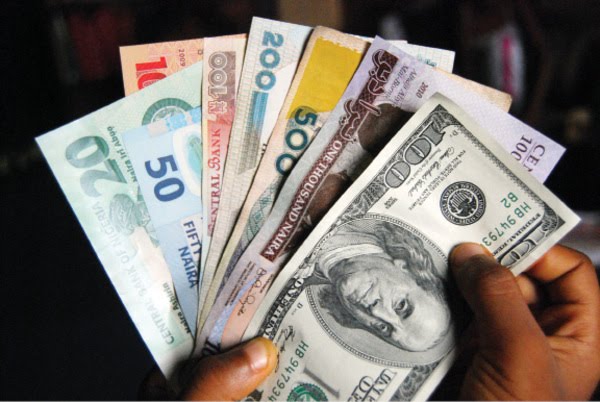Finance
External Reserves Drop to $26.2bn

The nation’s external reserves fell marginally to $26.20bn on July 28, down from $26.32 on July 22, data from the Central Bank of Nigeria’s website showed on Monday.
Month-on-month, the reserves fell by 0.4 per cent from the $26.34bn recorded on June 29, the report indicated.
The foreign exchange reserves stood at $26.42bn on May 28; it was down by 9.2 per cent year-on-year.
Similarly, the foreign exchange reserves oscillated between $26.3 and $26.4bn in June.
The reserves had stood at the $26.4bn between May 24 and 27, after dropping to $26.5bn from $26.6bn the same month.
Between May 31 and June 7, the external reserves stood at $26.3bn, before rising back to the $26.4bn mark on June 8, a level it maintained up until June 24. On June 27, it fell back to $26.36bn.
The CBN had last month lifted its 16-month-old currency controls and auctioned about $4bn on the spot and futures market to clear a backlog of dollar demand, to help boost interbank market trading.
The reserves had dropped by over 10 per cent from last year when they were at $29.7bn.
The global plunge in oil prices has caused the reserves to be depleting very fast. The development has forced the CBN to introduce foreign exchange controls, which were abandoned last month.
The CBN’s Monetary Policy Committee announced plans to adopt a flexible exchange rate policy after the external reserves fell to $26.56bn on May 23.
The external reserves have lost over $2bn dollar this year.
The nation recorded a balance of payments deficit of 1.4 per cent in its Gross Domestic Product at the end of 2015, owing largely to its first current account deficit (three per cent of the GDP) in over a decade.
The nation’s external reserves had reduced by $6.7bn within a period of 21 months, the Minister of Budget and National Planning, Senator Udo Udoma, said on March 23.